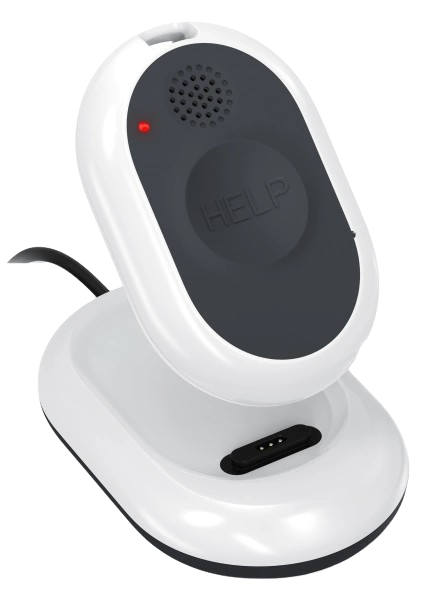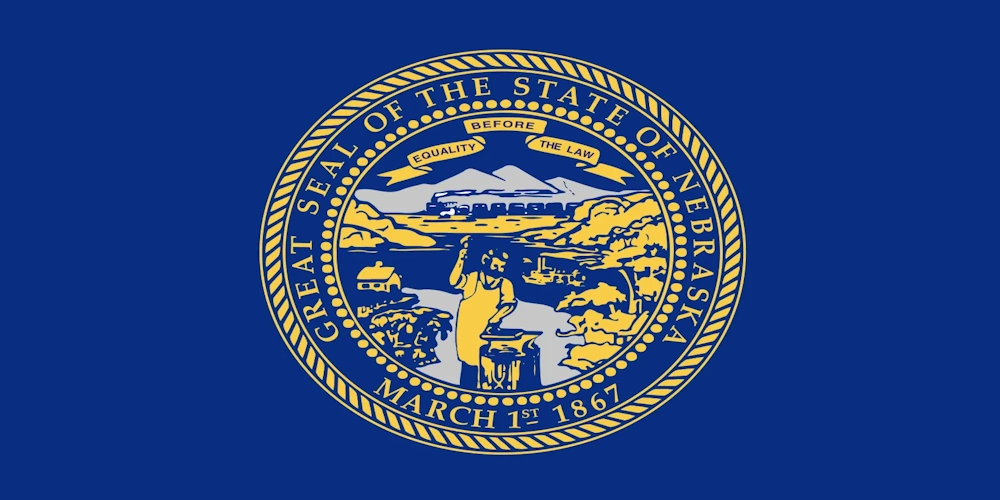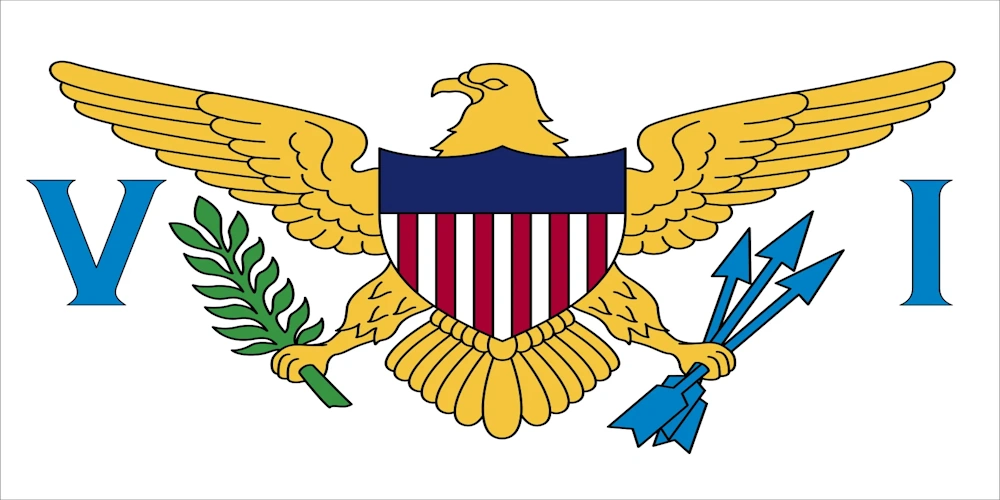South Carolina Lone Worker
Our Safety Policy Guide For Lone Workers In South Carolina
In South Carolina, industries such as agriculture, healthcare, logistics, manufacturing, and utilities often require employees to work alone—sometimes in remote or high-risk environments. These lone workers, operating without immediate assistance or direct supervision, face unique safety challenges that employers must proactively address. Whether it's a utility field technician in a rural area or a night-shift custodian at a large facility, protecting isolated employees is both a practical and legal responsibility.
South Carolina operates its own state OSHA-approved occupational safety and health program, known as South Carolina Occupational Safety and Health Administration (SC OSHA), which is part of the South Carolina Department of Labor, Licensing and Regulation (LLR). This agency enforces workplace safety standards for most private- and public-sector employers across the state.
On This Page
Our Guide To Lone Worker Safety Policy And Legislation In South Carolina
Because South Carolina maintains a state plan approved by federal OSHA, the state enforces its own safety and health regulations, which must be at least as effective as federal OSHA standards. While SC OSHA does not have a regulation specifically titled for “lone workers,” many general standards apply to employees working in isolation.
The General Duty Clause—both federally and at the state level—requires employers to provide a workplace free of recognized hazards. This includes evaluating lone working conditions and implementing protections tailored to those environments.
SC OSHA offers consultation services and safety training through the South Carolina Department of Labor, Licensing and Regulation. Employers can use these services to evaluate workplace hazards, improve compliance, and strengthen lone worker protections.
How South Carolina Defines A Lone Worker
South Carolina’s safety regulations do not include a specific definition of “lone worker.” However, in practice, a lone worker is typically understood to be someone who performs job duties in isolation, without the immediate presence of a coworker or supervisor who could assist in case of emergency.
Examples of lone workers in South Carolina include:
- In-home caregivers and visiting nurses
- Agricultural workers on remote farms
- Overnight janitorial or maintenance personnel
- Security guards at large or vacant properties
- Truck drivers and delivery personnel
- Utility and telecommunications field workers
Identifying which roles involve working alone helps employers assess risk and apply the correct safety measures.
Employing A Lone Worker In South Carolina
Employers in South Carolina are responsible for recognizing lone worker scenarios and ensuring appropriate safety systems are in place. While there is no specific law for lone workers, failing to protect these employees can still lead to violations under SC OSHA regulations and the General Duty Clause.
Best practices for managing lone worker safety include:
- Risk Assessments: Evaluate each lone working situation to determine unique hazards.
- Communication Plans: Use mobile devices, check-in systems, or GPS-enabled safety apps to stay connected with remote workers.
- Emergency Response: Establish procedures for responding to medical issues, accidents, or violence involving lone employees.
- Training: Equip workers with the knowledge and tools needed to handle emergencies and report safety concerns.
- Documentation: Keep detailed safety records to demonstrate compliance and continuous improvement.
Taking these actions not only helps protect employees but also reduces liability and improves safety culture.
Learn How You Can Protect Your Employees With Loneworker.com

With Loneworker.com you can be equipped with the knowledge and the means to protect your employees and protect your business. Contact us today to learn more about how Loneworker.com can protect you and your employees.
How The Safe Lone Worker App Can Protect South Carolina Lone Workers And Employers
The Safe Lone Worker app is a practical solution for South Carolina employers who want to protect remote or isolated workers. The app includes features such as scheduled check-ins, emergency alerts, GPS location tracking, and fall detection, allowing real-time communication and rapid response in emergencies.
Whether your workforce is spread across rural farms, city streets, or industrial facilities, the app helps ensure worker safety while supporting SC OSHA compliance efforts.
South Carolina Lone Worker Policies
South Carolina operates its own OSHA-approved occupational safety and health program under the South Carolina Department of Labor, Licensing and Regulation (LLR). SC OSHA covers most private and public sector employers in the state, enforcing standards that meet or exceed federal OSHA requirements.
This article is intended for general informational purposes and should not replace official regulatory advice or legal consultation. For the most accurate and up-to-date information, visit llr.sc.gov/osha or OSHA.gov.
South Carolina Lone Worker Resources
OHS Contact Centre
- 1-866-415-8690
CDC / NIOSH
- 800-232-4636

Affordable Monitoring For Lone Workers In South Carolina

-
 Monitoring Your Employees' Safety
Monitoring Your Employees' Safety
-
 GPS Tracking And Monitoring
GPS Tracking And Monitoring
-
 Man Down Panic Alerts
Man Down Panic Alerts
-
 24/7 Protection Anywhere
24/7 Protection Anywhere
Lone Worker Legislation
Lone Worker Safety Policies And Legislation By State
-
 Alabama State Safety Policies And Legislation
Alabama State Safety Policies And Legislation
-
 Alaska State Safety Policies And Legislation
Alaska State Safety Policies And Legislation
-
 Arizona State Safety Policies And Legislation
Arizona State Safety Policies And Legislation
-
 Arkansas State Safety Policies And Legislation
Arkansas State Safety Policies And Legislation
-
 California State Safety Policies And Legislation
California State Safety Policies And Legislation
-
 Colorado State Safety Policies And Legislation
Colorado State Safety Policies And Legislation
-
 Connecticut State Safety Policies And Legislation
Connecticut State Safety Policies And Legislation
-
 Delaware State Safety Policies And Legislation
Delaware State Safety Policies And Legislation
-
 Florida State Safety Policies And Legislation
Florida State Safety Policies And Legislation
-
 Georgia State Safety Policies And Legislation
Georgia State Safety Policies And Legislation
-
 Hawaii State Safety Policies And Legislation
Hawaii State Safety Policies And Legislation
-
 Idaho State Safety Policies And Legislation
Idaho State Safety Policies And Legislation
-
 Illinois State Safety Policies And Legislation
Illinois State Safety Policies And Legislation
-
 Indiana State Safety Policies And Legislation
Indiana State Safety Policies And Legislation
-
 Iowa State Safety Policies And Legislation
Iowa State Safety Policies And Legislation
-
 Kansas State Safety Policies And Legislation
Kansas State Safety Policies And Legislation
-
 Kentucky State Safety Policies And Legislation
Kentucky State Safety Policies And Legislation
-
 Louisiana State Safety Policies And Legislation
Louisiana State Safety Policies And Legislation
-
 Maine State Safety Policies And Legislation
Maine State Safety Policies And Legislation
-
 Maryland State Safety Policies And Legislation
Maryland State Safety Policies And Legislation
-
 Massachusetts State Safety Policies And Legislation
Massachusetts State Safety Policies And Legislation
-
 Michigan State Safety Policies And Legislation
Michigan State Safety Policies And Legislation
-
 Minnesota State Safety Policies And Legislation
Minnesota State Safety Policies And Legislation
-
 Mississippi State Safety Policies And Legislation
Mississippi State Safety Policies And Legislation
-
 Missouri State Safety Policies And Legislation
Missouri State Safety Policies And Legislation
-
 Montana State Safety Policies And Legislation
Montana State Safety Policies And Legislation
-
 Nebraska State Safety Policies And Legislation
Nebraska State Safety Policies And Legislation
-
 Nevada State Safety Policies And Legislation
Nevada State Safety Policies And Legislation
-
 New Hampshire State Safety Policies And Legislation
New Hampshire State Safety Policies And Legislation
-
 New Jersey State Safety Policies And Legislation
New Jersey State Safety Policies And Legislation
-
 New Mexico State Safety Policies And Legislation
New Mexico State Safety Policies And Legislation
-
 New York State Safety Policies And Legislation
New York State Safety Policies And Legislation
-
 North Carolina State Safety Policies And Legislation
North Carolina State Safety Policies And Legislation
-
 North Dakota State Safety Policies And Legislation
North Dakota State Safety Policies And Legislation
-
 Ohio State Safety Policies And Legislation
Ohio State Safety Policies And Legislation
-
 Oklahoma State Safety Policies And Legislation
Oklahoma State Safety Policies And Legislation
-
 Oregon State Safety Policies And Legislation
Oregon State Safety Policies And Legislation
-
 Pennsylvania State Safety Policies And Legislation
Pennsylvania State Safety Policies And Legislation
-
 Rhode Island State Safety Policies And Legislation
Rhode Island State Safety Policies And Legislation
-
 South Carolina State Safety Policies And Legislation
South Carolina State Safety Policies And Legislation
-
 South Dakota State Safety Policies And Legislation
South Dakota State Safety Policies And Legislation
-
 Tennessee State Safety Policies And Legislation
Tennessee State Safety Policies And Legislation
-
 Texas State Safety Policies And Legislation
Texas State Safety Policies And Legislation
-
 Utah State Safety Policies And Legislation
Utah State Safety Policies And Legislation
-
 Vermont State Safety Policies And Legislation
Vermont State Safety Policies And Legislation
-
 Virginia State Safety Policies And Legislation
Virginia State Safety Policies And Legislation
-
 Washington State Safety Policies And Legislation
Washington State Safety Policies And Legislation
-
 West Virginia State Safety Policies And Legislation
West Virginia State Safety Policies And Legislation
-
 Wisconsin State Safety Policies And Legislation
Wisconsin State Safety Policies And Legislation
-
 Wyoming State Safety Policies And Legislation
Wyoming State Safety Policies And Legislation
-
 American Samoa State Safety Policies And Legislation
American Samoa State Safety Policies And Legislation
-
 Guam State Safety Policies And Legislation
Guam State Safety Policies And Legislation
-
 Northern Mariana Islands State Safety Policies And Legislation
Northern Mariana Islands State Safety Policies And Legislation
-
 Puerto Rico State Safety Policies And Legislation
Puerto Rico State Safety Policies And Legislation
-
 Washington D.C. State Safety Policies And Legislation
Washington D.C. State Safety Policies And Legislation
-
 Virgin Isles State Safety Policies And Legislation
Virgin Isles State Safety Policies And Legislation







